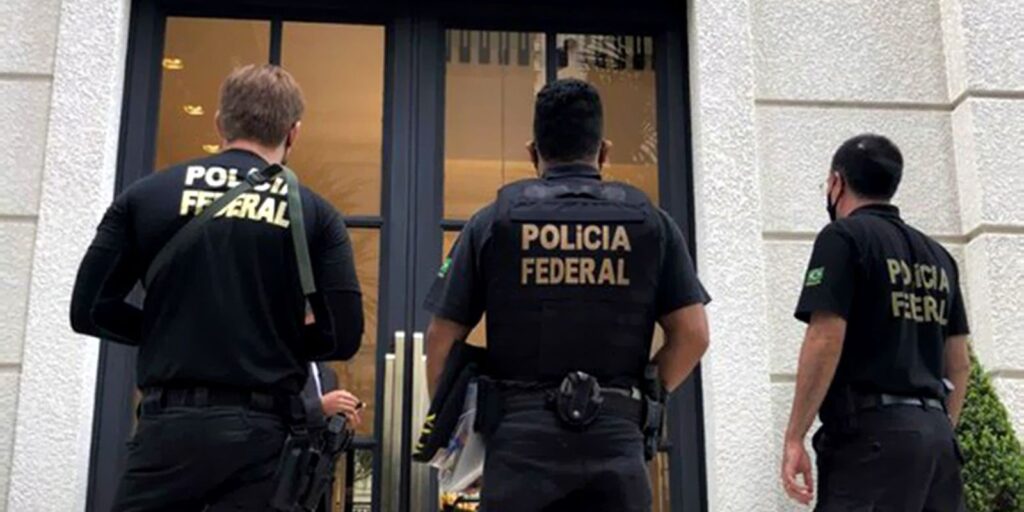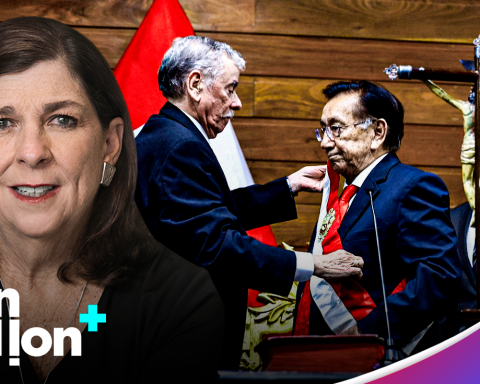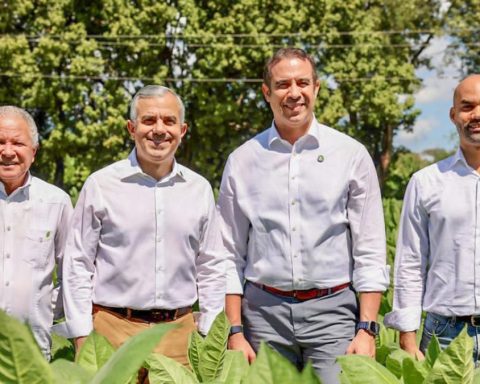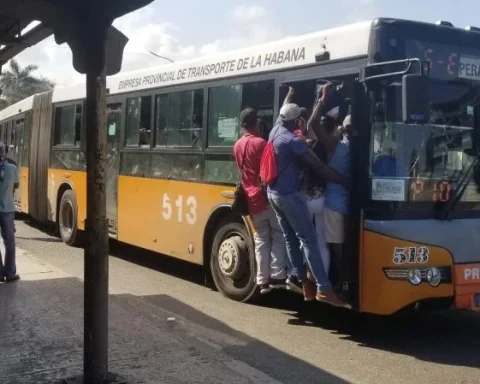Finally, the Government was forced to desist with its proposal for an Intermediate State, promoted about two weeks ago and which sought to avoid the direct militarization of the southern part of the country and possible conflicts with the Mapuche people, in the midst of an environment marked by acts of violence in the regions of Biobío, Los Ríos and La Araucanía. It was the Minister of the Interior, Izkia Siches, who this Monday announced the application of the State of Emergency Exception, which will continue to be limited to roads and – as detailed by the Executive – “restricting the fundamental rights of people to the least extent possible”.
A decision that implies a setback in the speech of President Gabriel Boric, who had repeatedly expressed his critical view of the States of Exception. For this reason, in La Moneda the political decision had been made to work with a proposal for an Intermediate State that came together with the announcement of the land return plan, which would have generated some positive reactions among the actors involved. But in the end it was not possible to reach cross-sector agreements within Approve Dignidad, causing internal fissures in this official coalition.
It was a proposal that generated division from the beginning: while the Democratic Socialism (Socialist Party, Liberal Party and Radical Party) was in favor of the measure, in I Approve Dignity there were cross-cutting criticisms, specifically in some sectors of the Broad Front (FA ) and also the Communist Party (PC). In the FA – a conglomerate to which President Boric belongs – they sought to make the project more limited and exploring formulas that would avoid military repression of the Mapuche, among other issues that go in that direction, according to what they say inside. In the PC, meanwhile, at the central committee meeting this weekend they opened up to the possibility of supporting the Intermediate State, but trying to limit the military intervention as much as possible.
Along these lines, the president of the PC, Guillermo Teillier, said this Monday in La Moneda that “this is not the time for the military to return to Mapuche territory.”
Although there seemed to be progress with this measure, according to what is detailed by a source close to one of the groups that are part of the Government, during this Monday sectors of the right and also of the former Concertación began to exert pressure, in the sense that the situation in the southern part of the country is unsustainable, accusing the central authorities of being complicit in the violence through inaction. Adding this to the climate of hostility with the truckers’ unions and forestry businessmen, and the call for armed resistance by the CAM leader, Héctor Llaitul, the scenario became more complex and the Executive’s proposal began to strangle.
Not having reached an early political agreement in I Approve Dignity –according to internal accounts– was taken advantage of by the right to convey that they were no longer available to vote favorably in Congress on the constitutional reform that allowed the Intermediate State. For several, the right played an elementary card: it politically squeezed the State of Constitutional Exception at the moment when the Government was most vulnerable, leaving it breathless. In this scenario, even when the ruling parties and their respective parliamentary benches voted in favor, the possibility that the project would bounce around Congress, with the consequent failure of the Executive, was a highly probable reality.
In this way, the proposal was left without a political floor, on the right, on the left and on the center. “The Intermediate States proposal collapsed on all sides, being left without support from the right-wing, from former Concertación sectors and from their own coalitions, for different reasons,” adds a source familiar with the details of the failed negotiation.
In this sense, another member of the ruling coalition considers that, perhaps, “it may be that this is not bad in the sense that, if there is no political floor, the Government will have to take the measures that are in its hands to face this situation, and that is what is finally decided”.
The fragility, however, remains installed inside the Palace, where the threat of a fracture of the most important coalition, Approve Dignity, looms large, since for both the PC and the FA the State of Exception was never a viable option, because this could lead to an increase in hostilities from the most radical groups, making clear the possibility of generating confrontations that neutralize the efforts for the return of land that La Moneda is promoting through Conadi.
On the other hand, the State of Emergency limited to routes and highways that the Government proposed in the last hours, additionally generates many doubts, since the States of Exception do not apply to roads but to geographical areas, which in fact would be impracticable . To reinforce the government measure, Minister Izkia Siches also announced that she will ask the Public Ministry to appoint a preferential prosecutor to concentrate investigations into arson attacks and sabotage, along with drug trafficking and wood theft, a true Bermuda Triangle , where the boundaries between one and the other are lost sight of.
It is in this scenario, with an evident weakening of internal relations in La Moneda and that was reflected in the postponement of the political committee for Monday afternoon, the government coalitions must seek to reconcile the spirits to face the enormous political challenges of the coming months, in the midst of a constituent process that is reaching its definitive stage. In this sense, experts agree with the vision that emanates from the political forces that support the current administration, in relation to the fact that it is at a stage where the empowerment of President Boric will be crucial, in terms of leadership that concerns public security. directly to Minister Siches, who has been harshly criticized in her first stage in office.
In fact, and after knowing the measure of the “limited” State of Emergency, the former coordinator of Indigenous Affairs of the government, Salvador Millaleo – until now the only one who has left Minister Siches’s team – questioned the government and through his Twitter account , maintained that: “We fight for a political solution and now we will once again have a State of Constitutional Exception: we need another way of seeing and doing things. Building plurinationality requires greater conviction”.


















